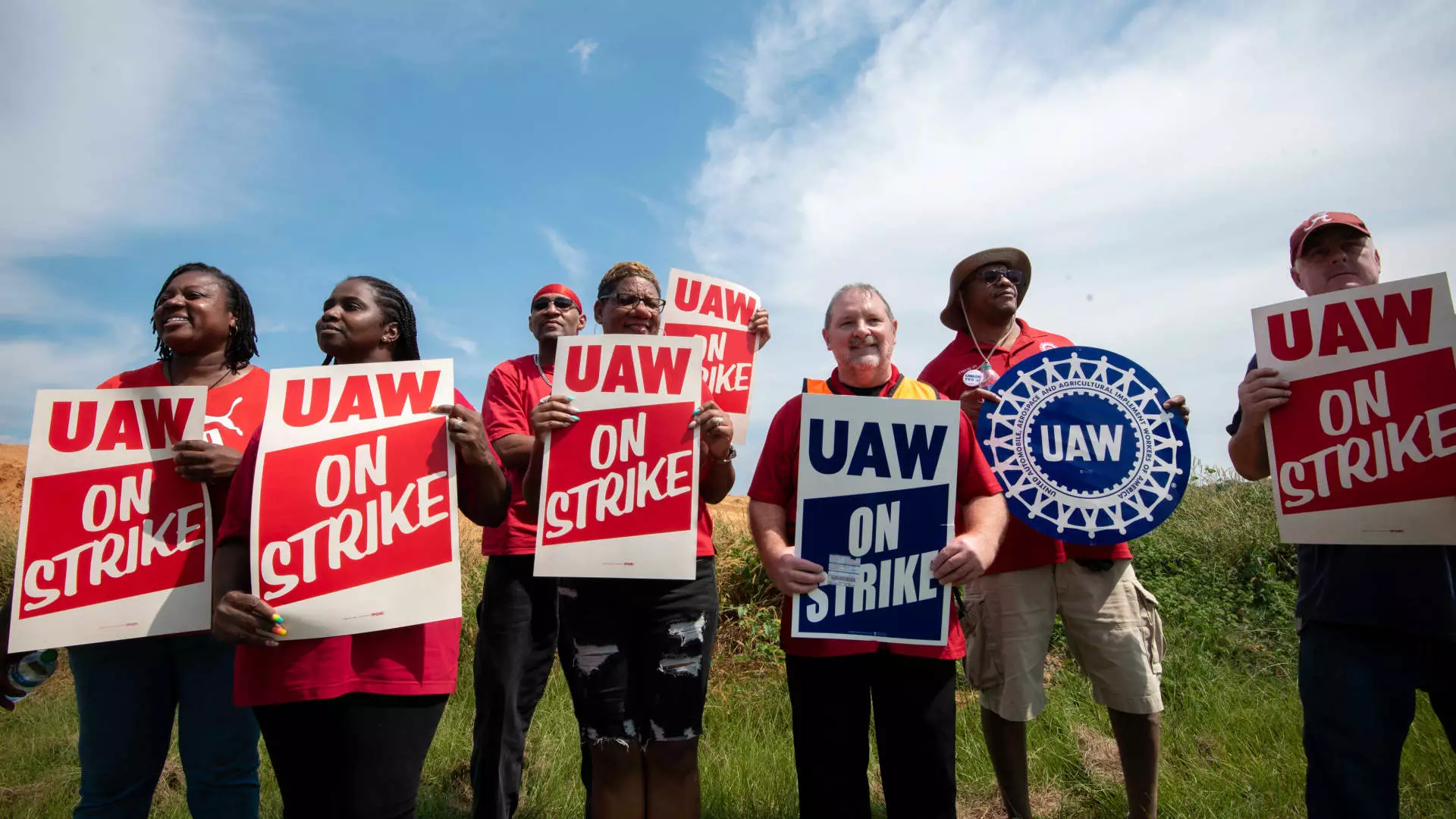The United Auto Workers union is not backing down after the organizing vote of Mercedes-Benz workers in Alabama resulted in a 56% vote against union representation. The UAW is alleging that the German automaker engaged in unfair practices, including firing four pro-union workers, coercing workers to attend anti-union meetings, and obstructing workers from advocating for the union. These allegations have prompted the UAW to challenge the results and request a new election, citing the workers’ desire for a fair opportunity to have a voice in the workplace.
Despite the UAW’s objections and calls for a new election, Mercedes-Benz has maintained that it adhered to the guidelines set by the National Labor Relations Board (NLRB) throughout the election process. The company expressed disappointment in the UAW’s decision to challenge the results and emphasized the importance of respecting the workers’ choice. Mercedes-Benz reiterated its commitment to cooperating with the NLRB’s review of the allegations and expressed hope for a fair resolution to the dispute.
The NLRB has confirmed that it will conduct a thorough review of the UAW’s allegations of an unfair election. The regional director will assess whether the objections raised by the union warrant a hearing to address substantial issues of fact that may have impacted the outcome of the vote. If evidence of misconduct by the employer is found, the NLRB has the authority to order a new election to ensure a fair and unbiased process.
UAW President Shawn Fain has accused Mercedes-Benz of engaging in an anti-union campaign and committing illegal actions to sway the outcome of the vote. Despite the setback in Alabama, the UAW remains steadfast in its commitment to hold employers accountable for unfair labor practices and protect workers’ rights to unionize. The union has filed multiple unfair labor practice charges against Mercedes-Benz and is determined to pursue justice for the workers who have been allegedly mistreated.
The results of the Mercedes-Benz vote in Alabama mark a significant challenge for the UAW’s ongoing efforts to expand its membership and influence in the auto industry. Following a successful organizing drive at a Volkswagen plant in Tennessee, the UAW faced heightened resistance at the Alabama plant, where the company’s alleged anti-union tactics posed a formidable obstacle. Despite this setback, the UAW remains undeterred in its mission to advocate for workers’ rights and ensure fair treatment in the workplace.
The dispute between the UAW and Mercedes-Benz underscores the ongoing struggle for union representation in the auto industry. The outcome of the organizing vote in Alabama has sparked a contentious battle over the integrity of the election process and the rights of workers to choose union representation. As the NLRB deliberates on the UAW’s objections and investigates the allegations of unfair labor practices, the future of labor relations at Mercedes-Benz hangs in the balance. The outcome of this conflict will not only impact the workers in Alabama but also set a precedent for the broader fight for workers’ rights and collective bargaining power in the auto sector.

